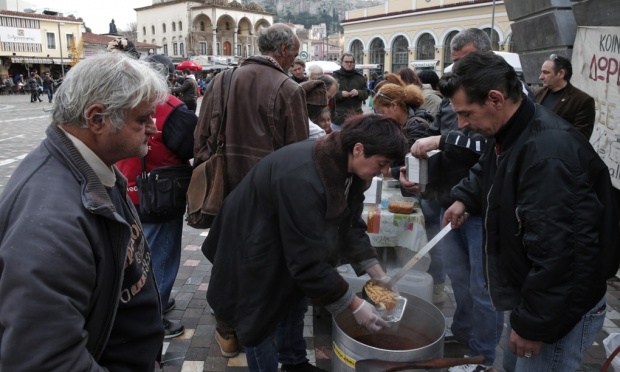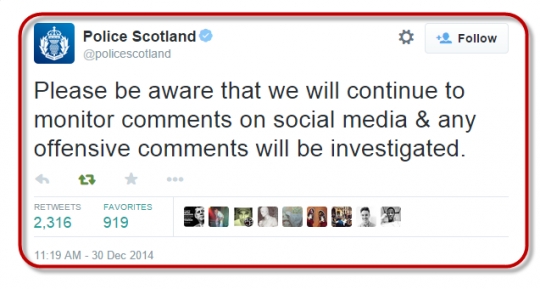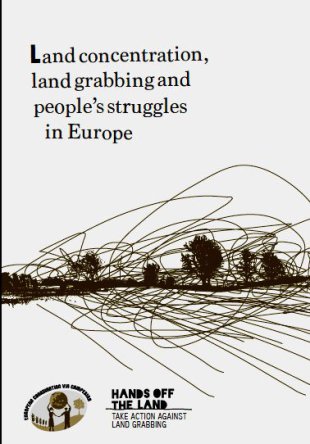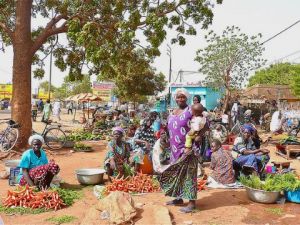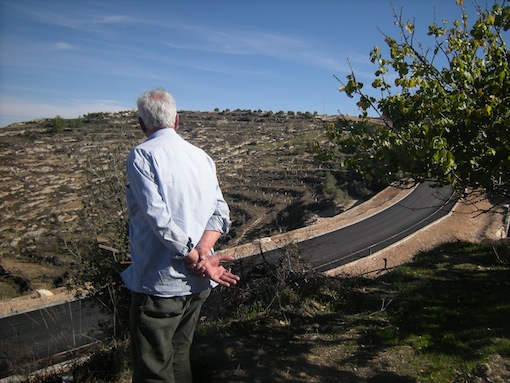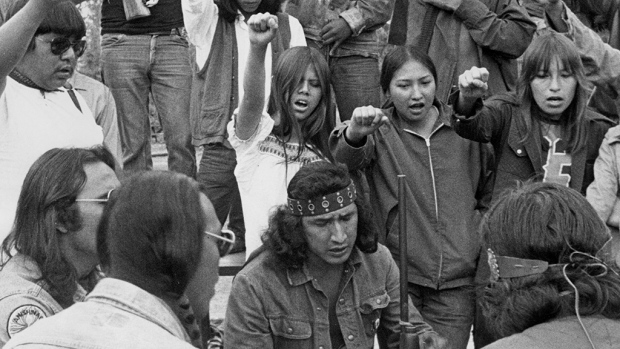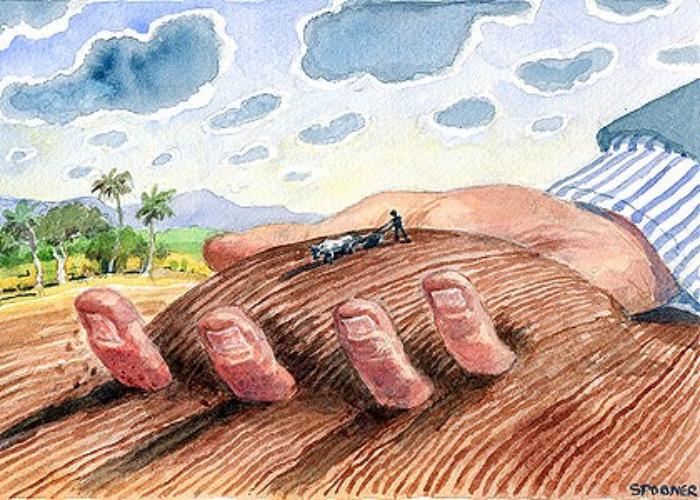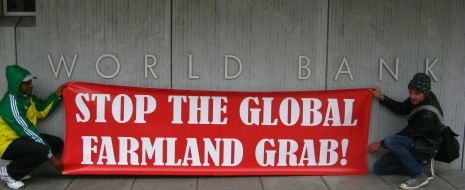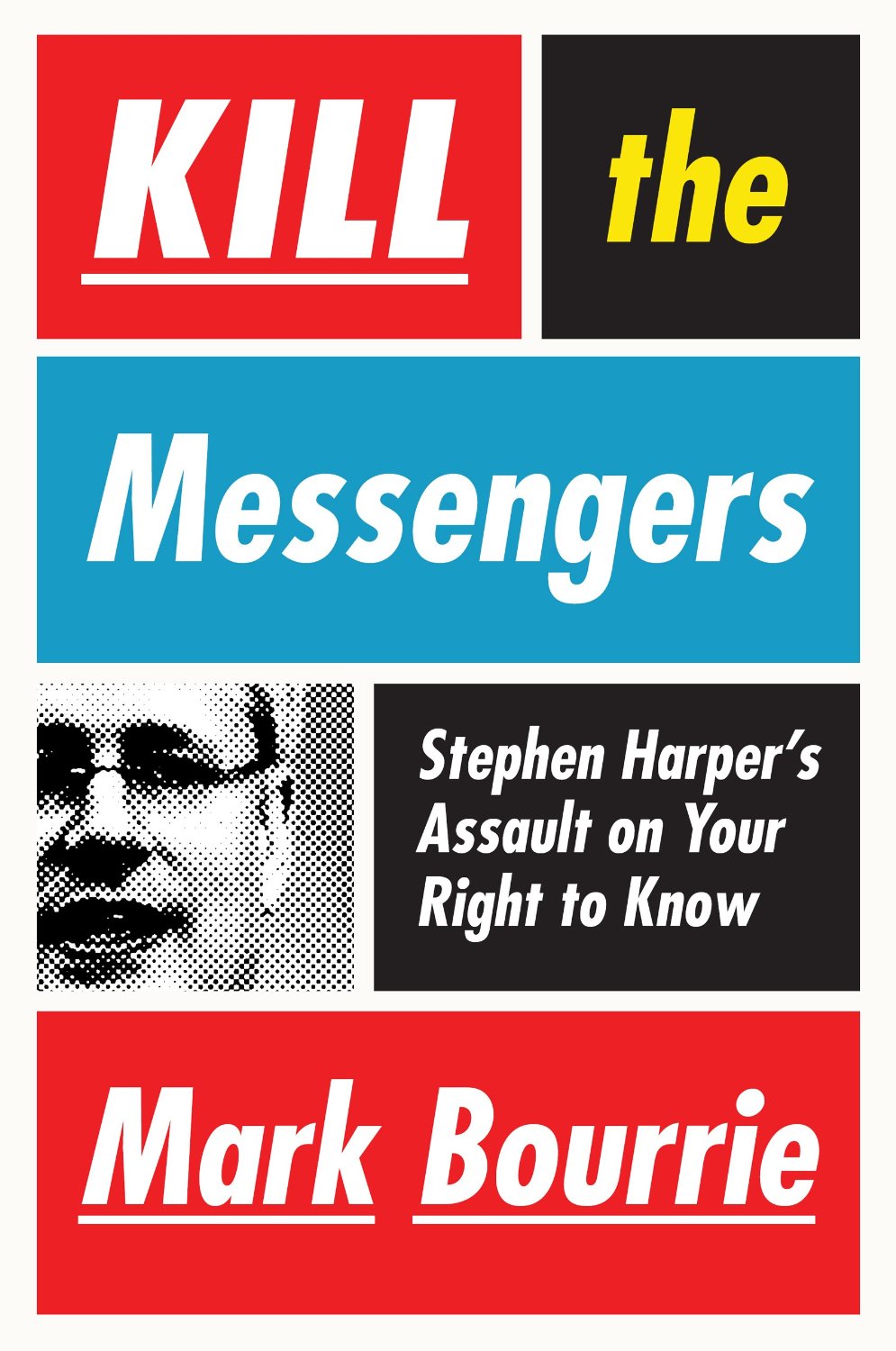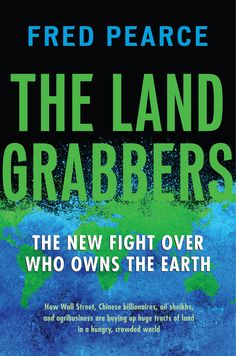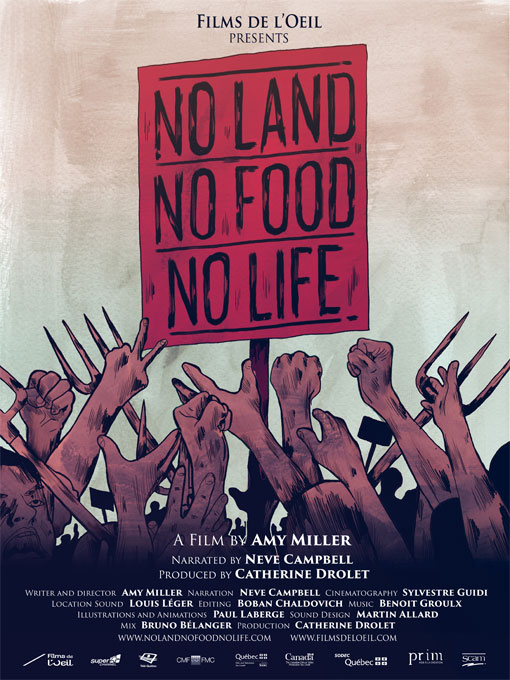|
|
|
|
|
|
|
Other Voices: The Connexions Newsletter
January 29, 2015
Connexions - 40 years old and still going strong
The Connexions project was founded in 1975, when members
of more than a dozen social justice organizations came together to set
up a means of sharing information, experiences, reflections,
publications, and ideas. In October 1975, a decision was made to produce
a printed newsletter. That first issue, which went out to a few hundred people, has now morphed into a website used by thousands of people every day, but the original goals and visions carry on.
We'll be sharing more stories from our archives -- reflecting
the histories of hundreds of grassroots groups and movements for change
-- throughout the year.
One piece of information we'd like to share now is that today,
like 40 years ago, we're entirely dependent on donations to carry on our
work. If you'd like to donate, or consider a bequest, please visit our Donations page. If you'd like to contribute in other ways (skills, time, documents), visit /CxLibrary/Docs2/Contributors.htm for more information.
We also encourage you to share Other Voices with your friends,
family, and collaborators. You can do so by sharing this link or
visiting the Other Voices home page, where you'll find all the past issues as well.
Enjoy this issue of Other Voices? Want to share with friends and family? Then we encourage you to share this link. All issues of Other Voices are available on the Connexions website at /Media/CxNewsletter.htm

|
|
Greece’s solidarity movement: ‘it’s a whole new model – and it’s working’
Few in
Greece, even five years ago, would have imagined their recession - and
austerity - ravaged country as it is now: 1.3 million people – 26% of
the workforce – without a job (and most of them without benefits); wages
down by 38% on 2009, pensions by 45%, GDP by a quarter; 18% of the
country’s population unable to meet their food needs; 32% below the
poverty line. And just under 3.1 million people, 33% of the population,
without national health insurance. So, along with a dozen other medics
including a GP, a brace of pharmacists, a paediatrician, a psychologist,
an orthopaedic surgeon, a gynaecologist, a cardiologist and a dentist
or two, Kesidou, an ear, nose and throat specialist, spends a day a week
at this busy but cheerful clinic half an hour’s drive from central
Athens, treating patients who otherwise would not get to see a doctor.
Others in the group accept uninsured patients in their private
surgeries.
Read More
Keywords: Solidarity - Austerity
|

|
|
With Power of Social Media Growing, Police Now Monitoring and Criminalizing Online Speech
Criminal cases for online political speech are now commonplace in the UK, notorious for its hostility to basic free speech and press rights. As The Independent‘s James Bloodworth reported last week, “around 20,000 people in Britain have been investigated in the past three years for comments made online.”
But
the persecution is by no means viewpoint-neutral. It instead is
overwhelmingly directed at the country’s Muslims for expressing
political opinions critical of the state’s actions.
To put
it mildly, not all online “hate speech” or advocacy of violence is
treated equally. It is, for instance, extremely difficult to imagine
that Facebook users who sanction violence by the UK in Iraq and
Afghanistan, or who spew anti-Muslim animus, or who call for and celebrate
the deaths of Gazans, would be similarly prosecuted. In both the UK and
Europe generally, cases are occasionally brought for right-wing “hate
speech” (the above warning from Scotland’s police was issued after a
polemicist posted repellent jokes on Twitter about Ebola patients). But
the proposed punishments for such advocacy are rarely more than
symbolic: trivial fines and the like. The real punishment is meted out
overwhelmingly against Muslim dissidents and critics of the West. Read More
Keywords: Censorship - Surveillance
|

|
|
Land concentration, land grabbing and people’s struggles in Europe
This report,
involving 25 authors from 11 countries, reveals the hidden scandal of
how a few big private business entities have gained control of ever -
greater areas of European land. It exposes how these land elites have
been actively supported by a huge injection of public funds – at a time
when all other public funding is being subjected to massive cuts. While
some of these processes – in particular ever - increasing land
concentration – are not new, they have accelerated in recent decades in
particular in Eastern Europe. They have also paved the way for a new
sector of foreign and domestic actors to emerge on the European stage,
many tied into increasingly global commodity chains, and all looking to
profit from the increasingly speculative commodity of land. Read More
Keywords: Agricultural Industries - Land Acquisition
|
|
|
Burkina Faso: climate change, land grabs, and revolution
The revolution taking place in
Burkina Faso is far more than an uprising of rebellious youth, writes
Alexander Reid Ross. It's a genuine fight for national liberation - from
neoliberalism, land grabs, corruption and foreign domination - that
evokes the freedom struggle of an earlier generation.
Like virtually every country in
Africa, Burkina Faso has been assailed by North Atlantic military
intervention over the past four decades, as well as an escalation of
land grabs since 2008.More land has been grabbed in Africa over the past
15 years than in the rest of the world combined - more than 55 million
hectares, according to Blessing Karumbidza of the Global Justice Ecology
Project. Read More
Keywords: Burkina Faso - Land Seizures
|
|
|
Farming Under the Wall: Stories of Palestinian Farmers in the West Bank
Ahmed Abu Nidal is 65 years-old
and he is a father of six. He welcomes us in the small garden outside
his house, in the village of Al Walaje, just outside Bethlehem. His
two-storey house of white stones is located directly on the path the
Israeli authorities have chosen for the construction of the Wall. The
work will be completed shortly and Al Walaje will be surrounded by a
concrete barrier, eight meters high. The residents will have a personal
military checkpoint: it will open at 5 in the morning and close at 5
in the evening.
Land confiscation began long
time ago: “They haven’t even had the decency to tell me that they took
my land – Abu Nidal says with an ironic smile, while he sips mint tea
and lights a cigarette of Palestinian tobacco – They left some
documents in the garden. The Wall is not finished yet, I can still walk
on my land until they will build the checkpoint. But I can’t work on
it. Beyond the barrier, there are my parents’ graves, the Israeli army
built a tunnel that starts from my house and passes under the road.
Just in this way I can visit my deceased loved ones”. Read More
Keywords: Land Seizures - Occupation of Palestine
|

|
|
What Is the Common Good?
Humans are social beings, and
the kind of creature that a person becomes depends crucially on the
social, cultural and institutional circumstances of his life. We are
therefore led to inquire into the social arrangements that are conducive
to people's rights and welfare, and to fulfilling their just
aspirations - in brief, the common good. For perspective I'd like to
invoke what seem to me virtual truisms. They relate to an interesting
category of ethical principles: those that are not only universal, in
that they are virtually always professed, but also doubly universal, in
that at the same time they are almost universally rejected in practice. Read More
Keywords: Anarchism - Libertarian Socialism
|
|
|
Treasures From the Archives
The
following interviews with Lyle Ironstand and Louis Cameron have been
reprinted from Paper Tomahawks: From Red Tape to Red Power by James
Burke, published in 1976 by Queenston House Publishing. Ironstand, of
the Ojibway nation, participated in the occupation of Anicinabe Park
near Kenora, Ontario in 1974 (Ironstand was eventually tried and
acquitted of weapons charges arising from the occupation). The interview
was conducted in 1974 in Winnipeg by James Burke.Cameron, also of the
Ojibway nation, participated in the 1974 Anicinabe occupation and the
1974 Native People's Caravan. Cameron is originally of the Whitedog
reserve north of Kenora. The interview was conducted in 1974 in Kenora
by James Burke. Read Full Interviews Here
Keywords:Aboriginal History - Land Rights
|
|
|
Viola Desmond built a career as a beautician and was a mentor to young Black women in Nova Scotia
through her Desmond School of Beauty Culture. It is, however, the story
of her courageous refusal to accept an act of racial discrimination
that provided inspiration to a later generation of Blacks
in Nova Scotia and in the rest of Canada. She refused to leave a
whites-only area of the Roseland Theatre and was unjustly convicted of a
minor tax violation used to enforce segregation. Desmond's case was one
of the most publicized incidents of racial discrimination in Canadian
history and helped start resistance to segregation in Nova Scotia. Read more
Keywords: Anti-Discrimination - Racial Discrimination
|
|
|
All Quiet on
the Western Front (German: Im Westen nichts Neues, lit. In the West
Nothing New) is a novel by Erich Maria Remarque, a German veteran of
World War I. The book describes the German soldiers' extreme physical
and mental stress during the war, and the detachment from civilian life
felt by many of these soldiers upon returning home from the front.The
novel was first published in January 29,1929. The book and its sequel,
The Road Back, were among the books banned and burned in Nazi Germany.
It sold 2.5 million copies in 22 languages in its first eighteen months
in print. Read More
Keywords: First World War - Soldiers
|
|
|
With the growing uncertainty
resulting from climate change, many corporations and governments have
enacted policies that allow for them to forcefully acquire land that are
rich in resources.This often times come at the expense of local
populations and farmers who are often time too poor to combat these land
seizures. The problem is only expected to get worse as drought and
other environmental disasters resulting from climate change, are
becoming more common.
See Land Seizures in the Connexions subject index for information on this topic, as well as about organizing to bring about change.
|
|
|
The
International Land Coalition is an alliance of civil society and
intergovernmental organisations working together to promote secure and
equitable access to, and control over, land and natural resources for
women and men as a key strategy to overcome poverty and food insecurity.
The way that rights to land and natural resources are allocated and
managed plays a central role in enabling or hindering economic
development, food security, social justice and environmental
sustainability.
Increasing
commercial pressures on land are provoking fundamental and far-reaching
changes in the relationships between people and land. The competition
for land and natural resources has always been an uneven competition
with the poorest losing most. But this competition is no longer simply
due to increasing population, a shrinking resource base due to
degradation, or the speculative efforts of local elites. Land is
becoming a globalised commodity; local producers competing for the same
resource with large international companies that produce food, fuel and
fibre, sequester carbon, sell large ‘unspoilt’ landscapes to tourists,
extract minerals, or seek to realise short and medium term gains for
investor capital.
The portal
collects, systematises and makes available information on commercial
pressures on land, large-scale land acquisitions and their alternatives.
It is meant to fuel awareness and evidence-based debate on this
phenomenon, and promote the ability of all stakeholders to identify and
promote informed and equitable solutions.
Keywords: Land Takeovers - Land Use & Rural Environment
|

|
|
Farmlandgrab.org
publishes mainly news reports about the global rush to buy up or lease
farmlands abroad as a strategy to secure basic food supplies or simply
for profit. Its purpose is to serve as a resource for those monitoring
or researching the issue, particularly social activists, non-government
organisations and journalists. Farmlandgrab.org, is updated daily, with
all posts entered according to their original publication date.They’re
listed in the Connexion Directory here.
Keywords: Agricultural Industries - Land Acquisition
|
|
|
Ottawa
has become a place where the nation’s business is done in secret, and
access to information--the lifeblood of democracy in Canada--is under
attack.
It’s
being lost to an army of lobbyists and public-relations flacks who help
set the political agenda and decide what you get to know. It’s losing
its struggle against a prime minister and a government that continue to
delegitimize the media’s role in the political system. The public’s
right to know has been undermined by a government that effectively
killed Statistics Canada, fired hundreds of scientists and
statisticians, gutted Library and Archives Canada and turned freedom of
information rules into a joke. Facts, it would seem, are no longer
important.
In
Kill the Messengers: Stephen Harper's Assault on Your Right to Know,
Mark Bourrie exposes how trends have conspired to simultaneously silence
the Canadian media and elect an anti-intellectual government determined
to conduct business in private. Drawing evidence from multiple cases
and examples, Bourrie demonstrates how budget cuts have been used to
suppress the collection of facts that embarrass the government’s
position or undermine its ideologically based decision-making. Perhaps
most importantly, Bourrie gives advice on how to take back your right to
be informed and to be heard.
Kill
the Messengers is not just a collection of evidence bemoaning the
current state of the Canadian media, it is a call to arms for informed
citizens to become active participants in the democratic process. It is a
book all Canadians are entitled to read--and now, they’ll get the
chance. Read More
Keywords: Government Censorship - Destruction of Libraries and Archives
|

|
|
An
unprecedented land grab is taking place around the world. Fearing future
food shortages or eager to profit from them, the world's wealthiest and
most acquisitive countries, corporations, and individuals have been
buying and leasing vast tracts of land around the world. The scale is
astounding: parcels the size of small countries are being gobbled up
across the plains of Africa, the paddy fields of Southeast Asia, the
jungles of South America, and the prairies of Eastern Europe. Veteran
science writer Fred Pearce spent a year circling the globe to find out
who was doing the buying, whose land was being taken over, and what the
effect of these massive land deals seems to be.
The Land
Grabbers is a first-of-its-kind exposé that reveals the scale and the
human costs of the land grab, one of the most profound ethical,
environmental, and economic issues facing the globalized world in the
twenty-first century. The corporations, speculators, and governments
scooping up land cheap in the developing world claim that
industrial-scale farming will help local economies. But Pearce's
research reveals a far more troubling reality. While some mega-farms are
ethically run, all too often poor farmers and cattle herders are
evicted from ancestral lands or cut off from water sources. The good
jobs promised by foreign capitalists and home governments alike fail to
materialize. Hungry nations are being forced to export their food to the
wealthy, and corporate potentates run fiefdoms oblivious to the country
beyond their fences.
Pearce's
story is populated with larger-than-life characters, from financier
George Soros and industry tycoon Richard Branson, to Gulf state sheikhs,
Russian oligarchs, British barons, and Burmese generals. We discover
why Goldman Sachs is buying up the Chinese poultry industry, what Lord
Rothschild and a legendary 1970s asset-stripper are doing in the
backwoods of Brazil, and what plans a Saudi oil billionaire has for
Ethiopia. Along the way, Pearce introduces us to the people who actually
live on, and live off of, the supposedly "empty" land that is being
grabbed, from Cambodian peasants, victimized first by the Khmer Rouge
and now by crony capitalism, to African pastoralists confined to
ever-smaller tracts. Read More
Keywords: Land Rights - Corporate Crime
|

|
|
No Land No
Food No Life is a hard-hitting film which explores sustainable small
scale agriculture and the urgent call for an end to corporate global
land grabs. This feature length documentary gives voice to those
directly affected by combining personal stories, and vérité footage of
communities fighting to retain control of their land.
More Information
Keywords:Land Rights - Social Change
|
Your support is needed to keep Connexions going
Most of the
work of the Connexions project is done by volunteers, but our expenses
include rent, phone and computer costs and technical support, as well as
expenses related to our ongoing project of converting printed archival
materials into digital formats. You can make a one time or regular
monthly contribution through the donate page on the Connexions website.
|
Bequests
Many of us have made working for
social justice a lifetime commitment. If you are thinking about leaving a
legacy for social justice that will live on, you might want to consider
leaving a bequest to Connexions in your will. If you'd like to discuss
this option, please contact us: Connexions Archive and Library, 812A
Bloor Street West, Suite 201, Toronto, 416-964-5735.
|
January 31, 2015
8th Niagara Social Justice Forum 2015
St. Catharines, Ontario
January 31, 2015
United in Peace & United in Compassion: Canadian Muslims for Peace Gatherings Toronto-London-Ottawa, Ontario
February 6, 2015
International Day of Zero Tolerance for Female Genital Mutilation ---------------------------Worldwide
February 10, 2015
To be or not to be a Jewish State? A question with implications for Canada --------------Toronto, Ontario
The Connexions Calendar is an online calendar that exists to
advertise events that support social justice, democracy, human rights,
ecology, and other causes. We invite you to use it to promote your
events. Adding events to the Connexions Calendar is FREE. We’ll give you
a username and password which you use to log on. Use the contact form to arrange for a username and password.
Read more →
|
January 29, 1929
Publication of All Quiet on the Western Front (Im Westen nichts Neues), Erich Maria Remarque’s
novel about the First World War. It sells 2.5 million copies in 25
languages in its first eighteen months in print. When the Nazis come to
power all of Remarque’s books are banned and burned.
January 29, 1965
A left-wing radical group bombs three American warplanes being retrofitted at an Edmonton airport.
January 29, 1969
Protesting students occupy the computer centre at Sir George
Williams University in Montreal. On February 11, after 14 days of
occupation, students set fire to the building
January 29, 1998
Robert Sanderson, an off-duty police officer who works as a security
guard at an abortion clinic in Birmingham, Alabama, is killed when the
clinic is bombed by anti-abortion terrorists.
Read more →
|

Trying to change the world? We can help.
Getting your story across can be an uphill battle when your group is challenging the status quo. Our partner organization SOURCES can help you get your message out. As a SOURCES
member, you have an array of media relation tools at your disposal to
promote your events, books, articles, videos, etc. as well as tools to
get you in contact with those who can help you achieve your goals. The SOURCES news release
service is especially valuable for groups wants to inform the media
(and the public) about their issues. For more information about Sources please click this link.
|
|
Follow us on twitter to stay up to date with company news and other information.
|
|
Like us on Facebook to keep up with our news, updates and other discussions.
|
|
|
Copyright
Connexions 2015. Contents are licensed under a Creative Commons
Attribution Non-Commercial License. This means you are welcome to share
and republish the contents of this newsletter as long as you credit
Connexions, and as long as you don’t charge for the content.
Other Voices: The Connexions Newsletter, is available online here
Thanks to Tahmid Khan and Ulli Diemer for his work on this newsletter.
Connexions
812A Bloor Street West, Suite 201
Toronto ON M6G 1L9 Canada
Phone: 416-964-5735
www.connexions.org
Enjoy this issue of Other Voices? Want to share with friends and family? Then we encourage you to share this link. All issues of OtherVoices are available on the Connexions website at www.connexions.org/Media/CxNewsletter.htm
.
|
|


